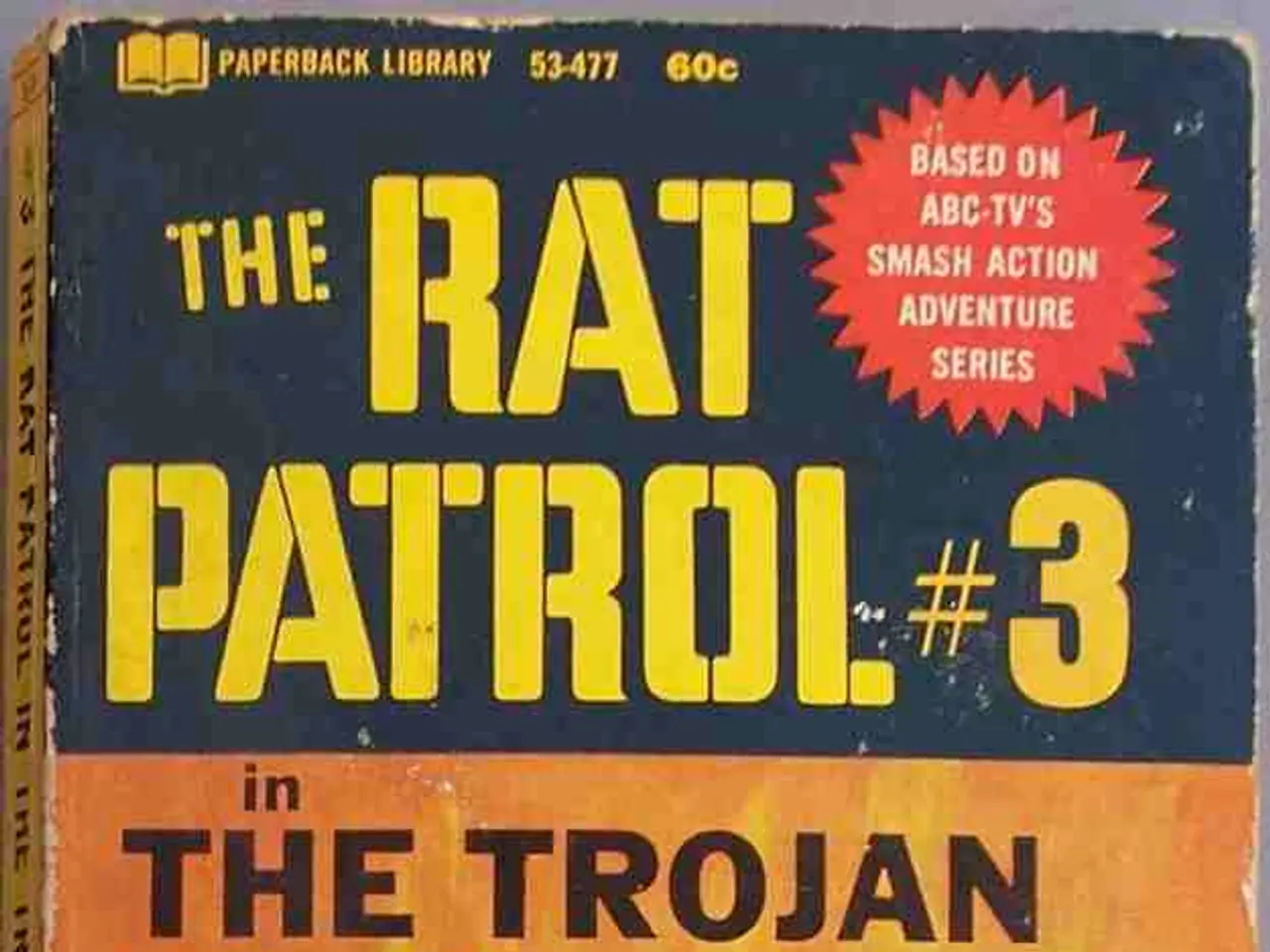Military Allies and Ground Troops, Even Rome, Prepared to Give Approval
In the ongoing efforts to bring peace to Ukraine, European countries are contemplating the formation of an independent peacekeeping corps, with the potential involvement of the United States. This proposed operation is shrouded in political compromises around Ukraine's neutrality, international security guarantees, and the operational realities on the ground.
The European Union is being encouraged to establish its own peacekeeping contingent for Ukraine, as the United States signals it may participate selectively, mirroring its Taiwan security treaty approach. This suggests Washington wants Europe to bear more responsibility for peacekeeping in Ukraine, although U.S. involvement remains possible but not guaranteed.
As of August 2025, no definitive, deployed international peacekeeping force exists yet. The ongoing security situation, marked by Russian attacks and a lack of full ceasefire, precludes the deployment of an international peacekeeping contingent at present. Analysts view the deployment as necessary to deter further Russian aggression, especially in critical regions like Donetsk Oblast.
Ukraine and Russia have been engaged in various rounds of peace negotiations, with European and international mediation. Proposals include Ukraine remaining neutral and receiving international security guarantees from a wide array of states, including Russia, European countries, the U.S., and others. These agreements would involve Ukraine not joining military blocs or hosting foreign bases, with a peacekeeping or security mechanism to respond to potential future aggression under Article 51 of the UN Charter.
The United Nations Security Council (UNSC) has repeatedly called for an immediate, unconditional ceasefire and emphasized that any peace solution must conform to the UN Charter, including respect for Ukraine's sovereignty and territorial integrity within internationally recognized borders. UN officials stress diplomacy over fighting and underscore the need for peace operations consistent with international law.
NATO's role is complex. Recent Russian proposals include withdrawal of NATO forces from member states that joined the alliance post-Cold War and Ukraine ending plans to join NATO in exchange for peace guarantees. The security guarantees and peacekeeping framework being discussed appear designed to guarantee Ukraine’s neutrality outside NATO to address Russian concerns, while potentially involving NATO members as guarantors or contributors to peacekeeping or security arrangements.
The model under discussion for a peacekeeping operation in Ukraine combines military deterrence on the ground with a shared political framework. European capitals are considering a multilateral agreement that could partially replicate the protection provided by Article 5 of the North Atlantic Treaty, but since Ukraine is not a member of the Alliance.
Discussed at the Voluntary Coalition meeting was the intention to create a "buffer zone" protected by European contingents with logistical support from U.S. forces. A corps of at least 50,000 men is estimated to guarantee a credible deterrent function for the peacekeeping operation.
However, not all European governments have shared the same enthusiasm in recent weeks, with some expressing reservations about deploying troops without clear conditions. Italy's willingness to send troops for territorial protection of Ukraine is concrete, but not within NATO. The U.S. President Donald Trump has reassured that Washington trusts Moscow's promises regarding the peacekeeping operation.
In Brussels, discussions revolve around resorting to the Berlin Plus Agreement to ensure interoperability for the peacekeeping operation, but only with adequate guarantees. The United States would provide support in terms of intelligence, air means, and logistics for the peacekeeping operation. France, the United Kingdom, and Germany had already shown openness to a peacekeeping operation before the summit in Alaska between Trump and Vladimir Putin.
The European external action service (EEAS) could contribute to providing assistance for the peacekeeping operation. The current proposed peacekeeping operation in Ukraine is still in conceptual and negotiation stages, heavily intertwined with political compromises and operational realities. The operation would need to comply with the UN Charter, particularly respecting sovereignty and collective self-defense rights under Article 51, and would likely require UNSC endorsement and coordination for legitimacy. However, ongoing Russian aggression and the lack of a ceasefire continue to impede the deployment of any international peacekeeping force at this time.
- The European Union is considering establishing its own peacekeeping contingent for Ukraine, aiming to maintain an average level of security and deter further conflict in critical regions like Donetsk Oblast.
- As analysts view the deployment of an international peacekeeping force as necessary to deter Russian aggression, discussions in Brussels involve the European external action service (EEAS) potentially providing assistance, aligning with diplomatic efforts consistent with the UN Charter and striving for peace operations consistent with international law.








